Posted on 4/25/2025

That subtle rattle behind the dash might seem harmless at first—but once you hear it, it becomes impossible to ignore. Whether it’s a soft ticking sound, a plastic vibration, or a persistent buzz, a dashboard rattle can turn a quiet drive into a noisy irritation. And unlike obvious mechanical issues, rattles tend to hide until you’re paying close attention—or stuck in traffic with no way to drown them out. The challenge with dashboard noises is that they can come from just about anywhere—loose trim, internal wiring, or even something inside the vents. Fortunately, you don’t have to live with it forever. With a little patience and the right approach, it’s often possible to track down and fix the cause. Start With When and How It Happens The first step in locating a dashboard rattle is paying attention to the conditions under which it occurs. Does the rattle happen only when driving over bumps? Does it get louder with speed? I ... read more
Posted on 3/28/2025

Spring is the perfect time for road trips, weekend getaways, and spontaneous adventures. Warmer weather and longer days make hitting the road even more appealing, but before you set off, it’s important to make sure your car is properly packed. Bringing the right essentials can keep your trip stress-free and ensure you're prepared for whatever comes your way. From safety must-haves to comfort items, here’s everything you need to pack for a successful spring journey. Emergency and Safety Essentials Even the best-planned trips can come with surprises. A flat tire, unexpected breakdown, or bad weather can leave you stranded if you’re not prepared. Packing a few key safety items ensures you’ll be ready for the unexpected. Keep a spare tire, jack, and lug wrench in your vehicle so you can quickly replace a flat if needed. A set of jumper cables or a portable jump starter can save you if your battery dies in the middle of nowhere. A flashlight w ... read more
Posted on 2/28/2025
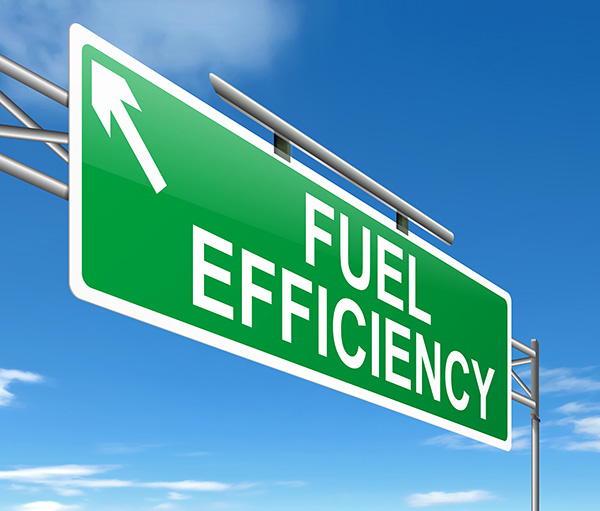
With gas prices fluctuating, getting the most out of every gallon is a priority for many drivers. Whether you’re commuting, running errands, or taking road trips, improving fuel efficiency can save money and reduce wear on your vehicle. While some factors affecting gas mileage are beyond your control, there are several habits and maintenance practices that can help you get better fuel economy. For drivers in North Carolina, stop-and-go traffic, highway driving, and changing weather conditions can all impact how efficiently your car uses fuel. Making a few adjustments can go a long way in keeping your gas tank fuller for longer. Maintain Proper Tire Pressure Your tires significantly impact your car's performance. When underinflated, tires create increased rolling resistance, causing your engine to work harder to move the vehicle. This added strain decreases fuel efficiency and can result in uneven tire wear. Checking tire pressure regularly and keeping it ... read more
Posted on 1/31/2025
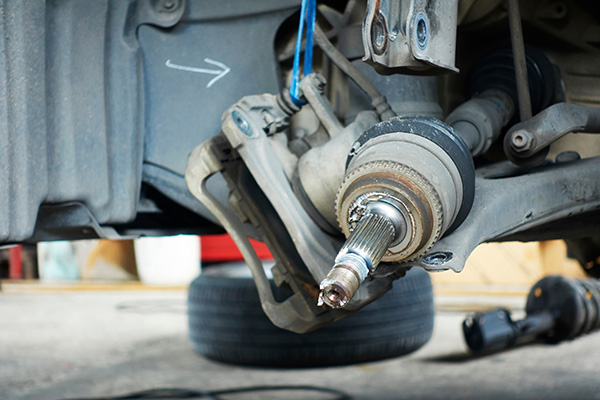
The axle may not get much attention in everyday conversations about car maintenance, but it plays a pivotal role in keeping your vehicle running properly. It’s responsible for transferring power from the engine to the wheels, making movement possible. When an axle begins to wear out, your driving experience—and safety—can be seriously compromised. Recognizing the warning signs early can save you from unexpected breakdowns or costly repairs. So, what should you look out for when your axle is on its last leg? What Does an Axle Do Before discussing the warning signs, it’s helpful to understand what your vehicle’s axle does. In simple terms, the axle connects the wheels and supports the vehicle’s weight while enabling the wheels to rotate. The axles may have different configurations depending on whether your vehicle is front-wheel drive, rear-wheel drive, or all-wheel drive. Over time, constant motion, rough road conditions, and heavy ... read more
Posted on 12/20/2024
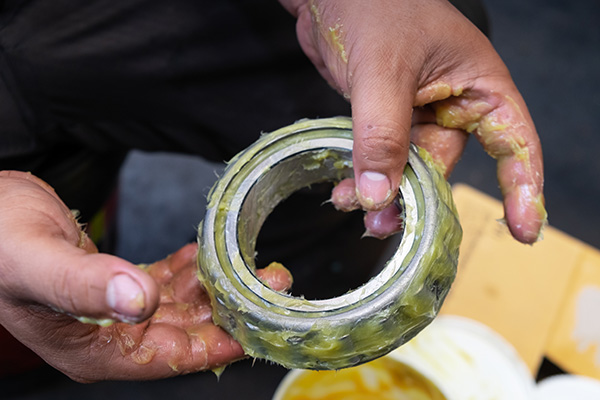
Wheel bearings might not be the first thing that comes to mind when thinking about car maintenance, but they keep your ride safe and comfortable. These components allow your wheels to rotate smoothly while supporting the weight of your vehicle. But when a wheel bearing starts to fail, it can lead to serious issues if ignored. Let’s explore the telltale signs of a bad wheel bearing and why addressing the problem promptly is essential. Unusual Noises While Driving One of the most common signs of a bad wheel bearing is noise. You might hear a humming, grinding, or rumbling sound that gets louder as you accelerate or turn. This noise typically comes from the wheel with the damaged bearing and may vary in pitch depending on your speed. Ignoring these sounds could lead to more severe damage, so don’t brush it off as just road noise. Vibration or Wobbling in the Wheels Ever felt your car vibrating or wobbling, especially at higher speeds? Faul ... read more
Posted on 11/29/2024
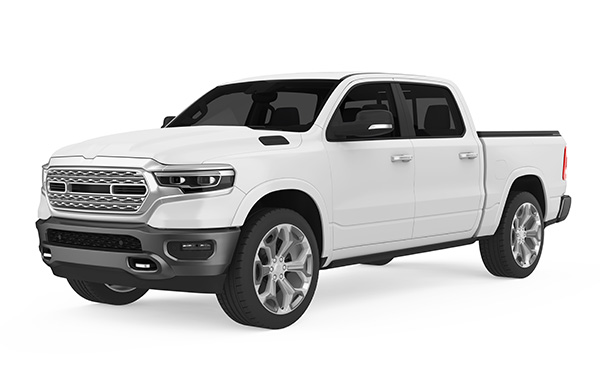
Buying a used pickup truck can be a smart move. You’ll save money on the upfront price and avoid some of the depreciation that comes with buying new. But as great as the savings may seem, the condition of a used truck can vary widely. Knowing what to look for can be the difference between driving off with a reliable workhorse or signing up for constant repairs. Here’s a closer look at the key areas to inspect before making your purchase. 1. Examine the Truck’s Frame and Undercarriage for Signs of Damage The frame and undercarriage of a truck can reveal a lot about its history. Start by thoroughly inspecting the frame. Look out for signs of rust or corrosion, especially around the wheel wells, suspension components, and any metal parts exposed to the elements. A little surface rust is normal but deep; flaking rust is a red flag—it can weaken the truck’s structure over time. Also, check for any dents, bends, or cracks in the frame, as thes ... read more
Posted on 10/31/2024
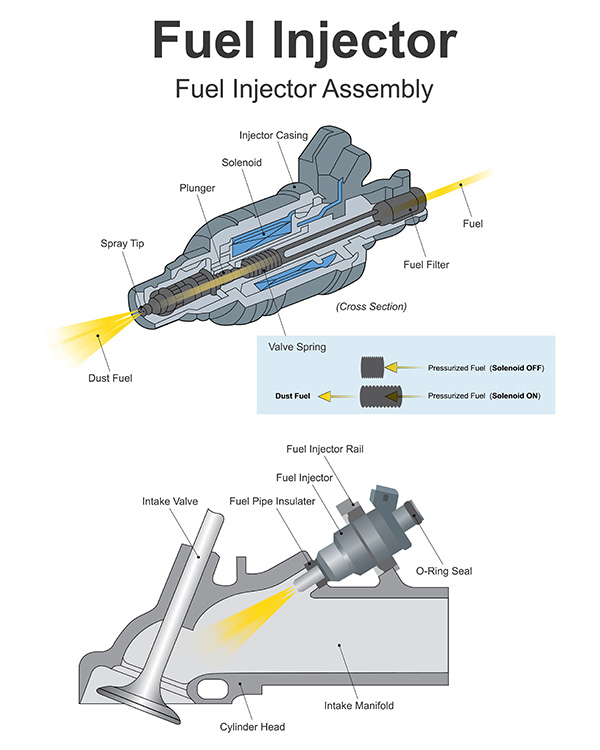
Your car's fuel injectors keep your engine running smoothly by delivering the right amount of fuel into the combustion chamber. When a fuel injector starts to malfunction, it can throw your entire engine's performance out of whack, leading to a host of issues. Ignoring the symptoms of a bad fuel injector can lead to more significant and expensive problems down the road. But how do you know if your fuel injector is going bad? Here are the most common symptoms you should watch out for. 1. Poor Engine Performance One of the most obvious signs of a bad fuel injector is poor engine performance. When a fuel injector is clogged, stuck, or leaking, it disrupts the fuel-to-air ratio that’s necessary for your engine to function properly. This imbalance often causes the engine to misfire, leading to rough idling, hesitation, and a noticeable loss of power. If you feel like your car is struggling to accelerate or if the engine is stuttering, your fuel injectors mig ... read more
Posted on 9/27/2024

Owning an SUV comes with a unique set of responsibilities, particularly when it comes to keeping it in top condition. Given their larger size and versatility, SUVs are designed for everything from daily commuting to off-road adventures, but they need proper care to stay in peak shape. Whether you rely on your SUV for long road trips, hauling cargo, or navigating rough terrain, regular maintenance ensures its performance stays reliable, and it helps you avoid unexpected repairs. So, what should every SUV owner know about taking care of their vehicle? Regular Oil Changes One of the most critical aspects of SUV maintenance is ensuring regular oil changes. Your SUV’s engine needs clean oil to keep it running. Over time, oil becomes contaminated with dirt and debris, causing it to lose its effectiveness in lubricating engine components. This can lead to increased friction, overheating, and, ultimately, engine damage. Make it a habit to check your oil level re ... read more
Posted on 8/30/2024
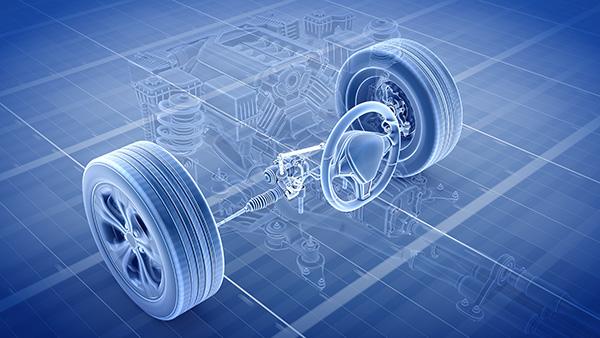
Driving should be an enjoyable and secure experience. However, if your steering wheel feels loose or unresponsive, it can turn every trip into a nerve-wracking ordeal. This common issue can stem from various problems within your vehicle's steering system, and understanding the root cause is important for both your safety and your car's longevity. Potential Causes of a Loose Steering Wheel A loose steering wheel can be symptomatic of several underlying issues. These range from minor adjustments to significant mechanical failures. Here are some common causes: Worn Steering Components Over time, parts of your steering system can wear out. Ball joints, tie rods, and bushings are all susceptible to wear and tear. When these components degrade, they can create play in the steering wheel, making it feel loose. Regular maintenance and timely replacement of these parts can prevent this issue from escalating. Steering Rack Problems T ... read more
Posted on 7/26/2024
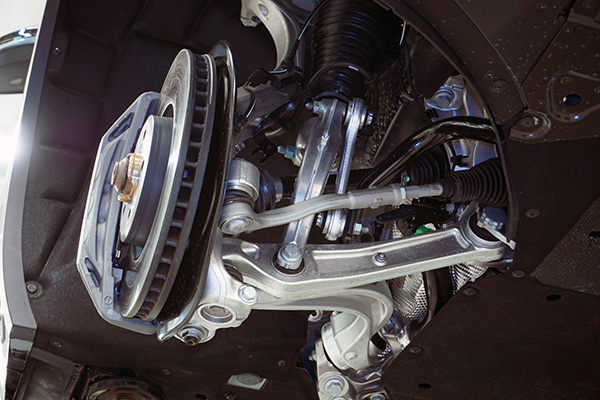
Ever felt like your car was more suited for the open seas than the open road? That unsettling feeling of your vehicle rocking back and forth can be both annoying and dangerous. But what's causing this nautical motion in your car, and how can you fix it? We have listed the reasons why your car might be rocking and what you can do to ensure a stable ride. Suspension System Issues One of the primary culprits behind a rocking car is the suspension system. The suspension system is designed to absorb shocks and keep your car stable, but you'll definitely feel it when it malfunctions. Over time, components like shocks, struts, and springs can wear out or get damaged, leading to that dreaded rocking sensation. If you notice excessive bouncing or swaying, especially when driving over bumps or around corners, your suspension system likely needs attention. Worn-out shocks and struts are particularly common issues. When these components are no longer able to effectively ... read more